Transformative elements is the development of neural networks

The future of humanity is increasingly intertwined with advances in science and technology, particularly in the realm of artificial intelligence (AI). One of the most transformative elements is the development of neural networks—systems modeled on the human brain’s architecture, capable of learning and decision-making. These networks power AI applications that range from voice assistants to autonomous vehicles, revolutionizing industries and everyday life.
As neural networks evolve, they could lead to even more sophisticated AI systems that enhance human capabilities. For instance, brain-computer interfaces might enable seamless communication between humans and machines, expanding cognitive abilities and bridging the gap between thought and action. In healthcare, AI-driven neural networks could offer personalized treatments and predictive diagnostics, transforming medical care and potentially extending human lifespan.
However, this future also poses challenges. Ethical concerns regarding privacy, control, and the potential loss of jobs due to automation must be addressed. Ensuring that AI develops in ways that benefit society requires responsible stewardship and global collaboration.
Ultimately, the fusion of human creativity and AI’s computational power could drive a new era of innovation, but it must be managed with foresight and care to ensure a balanced and equitable future.
#medicalscience#medical#medicine#science#medicalstudent#neet#doctor#medicalschool#medicallife#doctors#biomedicalscience#biochemistry#medschool#cellbiology#biology#mcat#molecularbiology#mbbs#medicalstudents#medico#microbiology#cellularbiology#nurse#medstudent#medicalresearch#anatomy#medlife#biologystudent#biologyaddicts#medicalart




